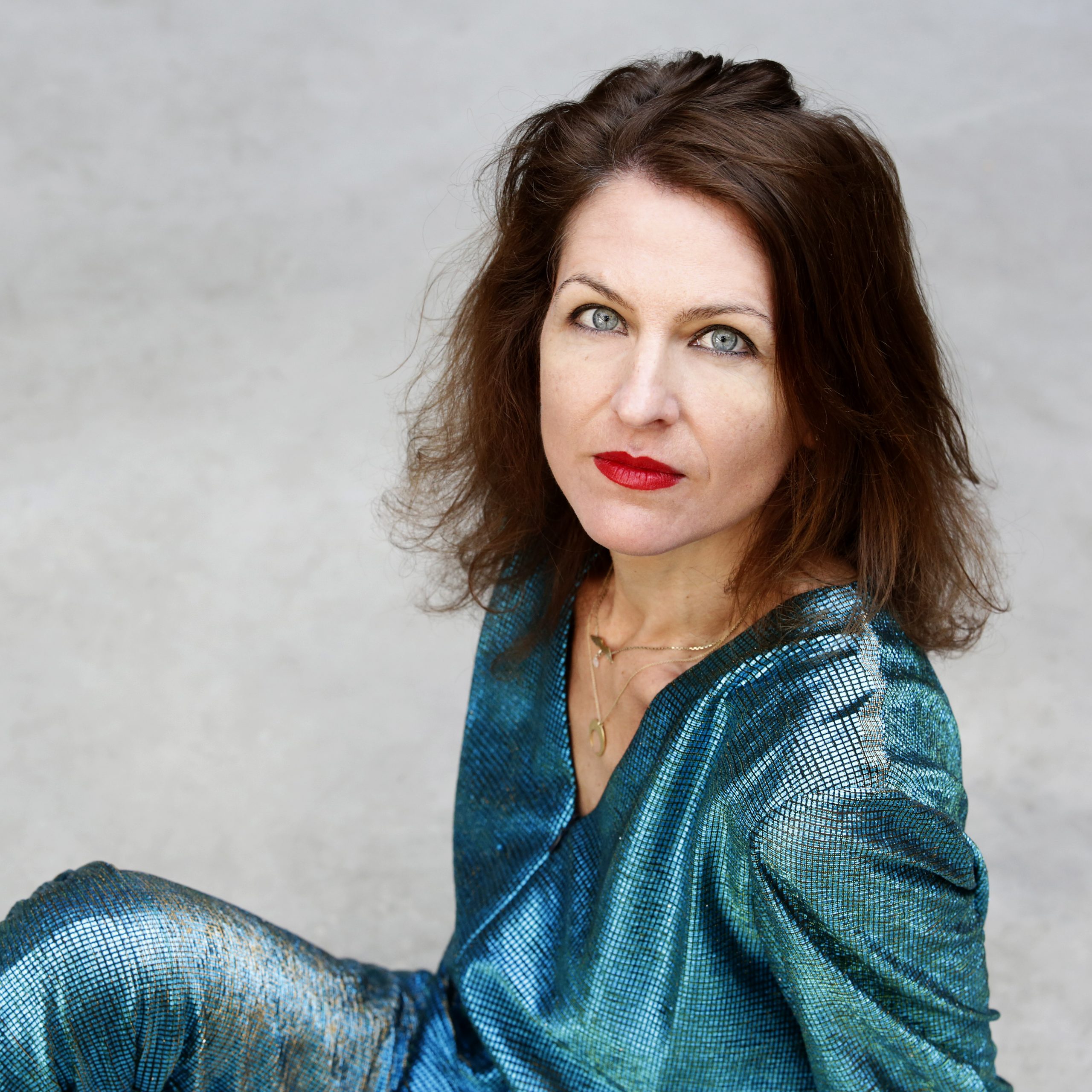BRETON pianist Vanessa Wagner, who began her long romance with the piano aged 7 and who, earlier in her career, released albums tackling the works of Ravel, Rachmaninoff, Scriabine and Mozart, came to something of a crossroads in her musical development in 2016; that year she recorded a collaborative album with Leaf Records’ Mexican electronicist Murcof, one of the highlights of which was no interpretation of an old master, but a rather a new one; for it featured a cover of Aphex Twin’s “Avril 14th”, from his 2001 album Drukqs, pulling it even further into a pristine futurism.
Since that meeting of minds she’s gone on to record three EPs with Murcof; but now she is moving towards the early spring release of a new album for InFiné, Study Of The Invisible, on which she seeks to continues her exploration of the minimalist canon by interpreting pieces, many rare or unpublished, by composers, pianists, and artists from the ambient and electronic scenes.
Her solo venturing towards leftfield truly began with 2019’s solo album Inland and reaches the current state of the art in the new album, out at the end of March; on which she tackles pieces from across the canon of the minimalist, including giants such as Suzanne Ciani and Harold Budd; David Lang, Bryce Dessner and Phillip Glass.
And she invites you inside her world today with a gorgeous version of Roger and Brian Eno’s “Celeste” originally to be found on last year’s album for Deutsche Grammophon, Mixing Colours; but here presented for the first time for acoustic piano.
In selecting the works for Study Of The Invisible Vanessa sought to present a breadth of compositions and composing styles, as she did for Inland, assembling 15 rare pieces to weave a story of mystery. Many are from the USA, so there’s Moondog’s “Bachian” Prelude in A major from 1961, the oldest piece on the album; Philip Glass, Harold Budd, and then representatives of the first generation of so-called post-minimalists, such as Peter Garland, David Lang and Julia Wolfe, all born in the 1950s.
But there’s also ample representation for the younger guard of the avant-garde, so you’ll encounter interpretations of Bryce Dessner, Nico Muhly, and Timo Andres, all born between 1976 and 1985, and from even further leftfield, Suzanne Ciani; Caroline Shaw, who in 2013, aged 31, was the youngest winner of the Pulitzer; Ezio Bosso, Melaine Dalibert and, of course, Brian and Roger Eno.
Vanessa says her oeuvre is also a quest, in which she is “… searching for one’s inner self: that is what I like more and more in music.
“After having played Scriabin, Rachmaninov or Ravel, I’m fascinated by exploring intensity without a deluge of notes, by simplicity as a means of expression. For the performer, it is a question of bringing out a real atmosphere, a breathing of the tempo, a sensuality of the sound, of putting an intensity to each intention, and making the spaces between each note live and vibrate.
“This is not light music, it is emotionally intense music, which goes deep, in which one puts a part of one’s history.”
Vanessa Wagner’s Study Of The Invisible will be released by InFiné digitally, on CD and on 2xLP on March 25th; you can order your copy from the label’s Bandcamp page, here.
Connect with Vanessa elsewhere on the web at her official website and on Facebook, Instagram, Twitter and YouTube.














No Comment